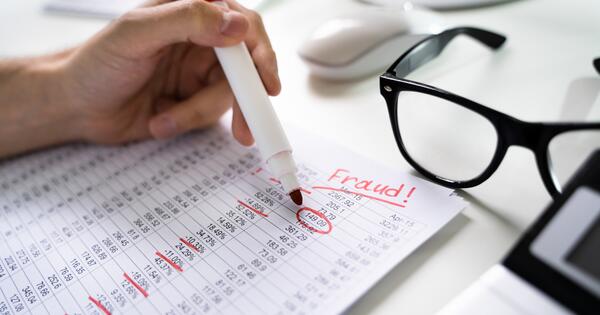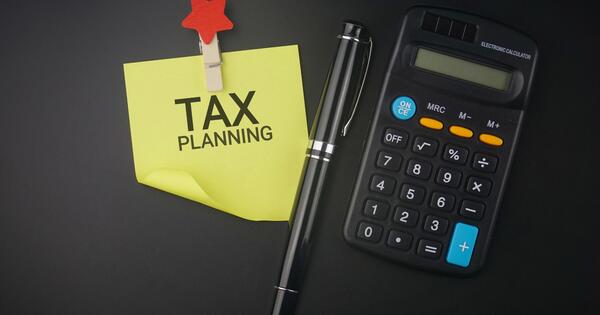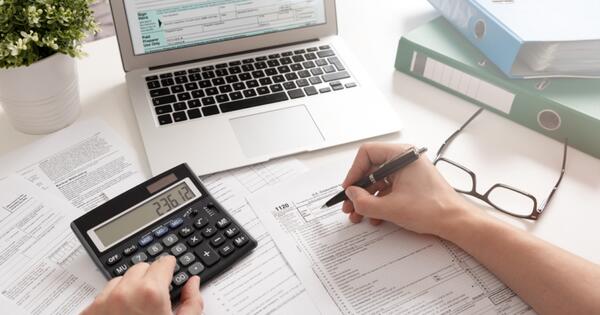Currently, for real estate sales where the property is located in the City of Los Angeles, the current transfer tax rate is $4.50 per $1,000 of value, which is approximately a 0.45-percent tax rate. Further, there is an additional Los Angeles County transfer tax rate of 0.11 percent, which brings the total transfer tax rate for sales of real estate located in the City of Los Angeles to 0.56 percent.
As part of the November 2022 ballot, City of Los Angeles voters approved United to House LA (Measure ULA), which created an additional transfer tax rate on top of the existing 0.56 percent for sales over a certain value occurring on or after April 1. The new effective transfer tax rates that include the existing rates plus the ULA Tax rate are summarized as follows:
Value of Property |
ULA Rate |
Applicable Tax Rate |
Greater than $100 and less than or equal to $5,000,000 |
0% |
0.56% |
Between $5,000,000 and $10,000,000 |
4% |
4.56% |
Greater than or equal to $10,000,000 |
5.5% |
6.06% |
The property value thresholds that the various rates will be imposed at will be adjusted for inflation annually.
The ULA Tax is based on the gross sales price of the property regardless of whether the property is sold at a gain or loss. Unlike the current documentary transfer taxes, the ULA Tax is imposed on a value that includes any liens or other encumbrances that remain at the time of sale.
The ULA Tax applies to all real property, commercial and residential, located within the City of Los Angeles (not countywide), unless it falls under one of the exemptions. There are a limited number of exemptions, including property transfers to certain nonprofit organizations, government agencies, qualified affordable housing organizations and bankruptcy transactions.
It is expected that the ULA Tax will be imposed in a manner similar to the existing documentary transfer taxes which apply when real estate changes ownership. However, there is some uncertainty as to how the ULA Tax will be imposed when the equity of an entity that owns the real estate is transferred. It is also unclear if the existing documentary transfer tax exemptions will apply (for example, in foreclosures). Further guidance from the City of Los Angeles’ Director of Finance is needed on whether splitting parcels into separate transactions to fall under the $5 million threshold per property is permitted.
There is no sunset date for the tax, so it will remain in effect until repealed. However, on Feb. 1, 2023, the California Secretary of State announced that a real estate group initiated a petition calling for a new referendum on local special tax increases that would void Measure ULA. This is expected to be on the November 2024 ballot. There is also a pending lawsuit brought by the Howard Jarvis Taxpayers Association and the Apartment Association of Greater Los Angeles arguing the Measure ULA Tax is a “specific tax” prohibited by the California Constitution on the grounds that the proceeds are earmarked for specified affordable housing projects and homelessness prevention. The outcome of the lawsuit is uncertain as no court hearings have been scheduled yet. City of Los Angeles officials have indicated that they plan to begin collecting the ULA Tax on April 1, 2023, but the money may need to be placed into an escrow account until the lawsuit is resolved.
Anyone who sold real property in the City of Los Angeles on or around March 31, 2023, should adequately document the transaction to demonstrate that the change in ownership occurred before the April 1, 2023 effective date of the ULA Tax in order to avoid this additional expense.
The ULA Tax and its impact on real estate transactions is complex and nuanced. If you are contemplating a transaction that may result in a change in ownership of real property located in the City of Los Angeles or have any questions about the ULA Tax or its impact on your business, please contact the Tax and Real Estate Experts at GHJ.











